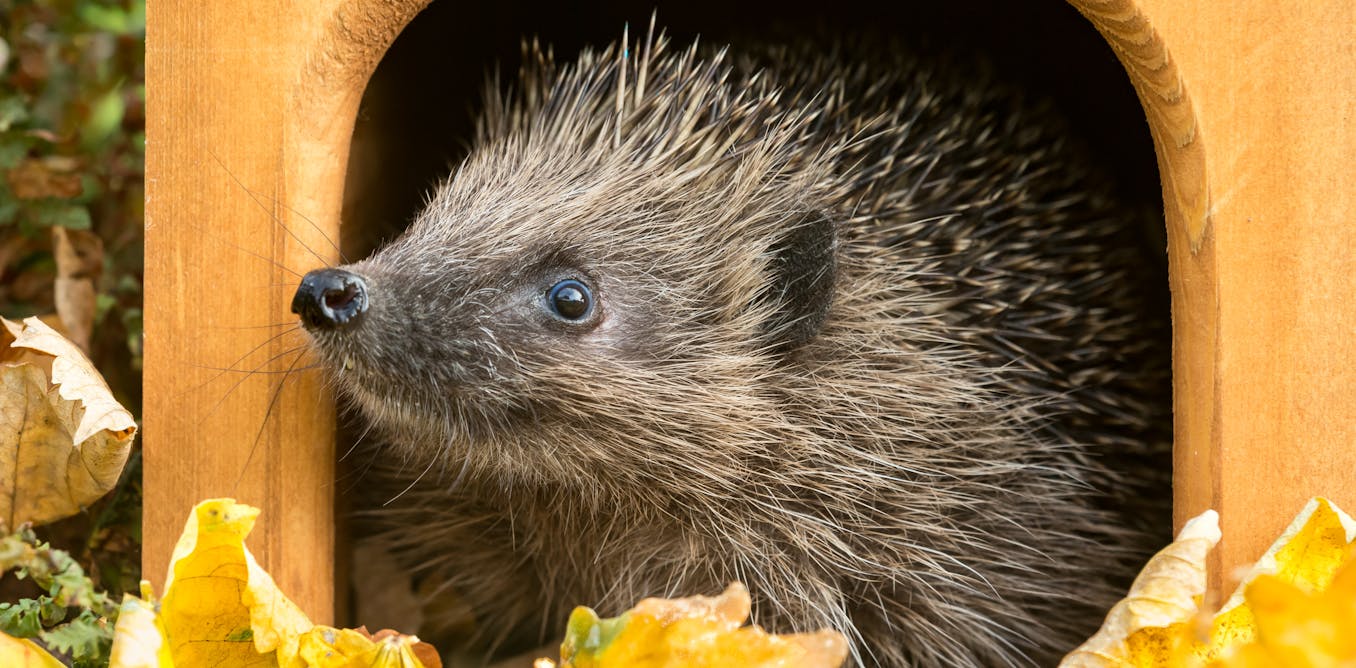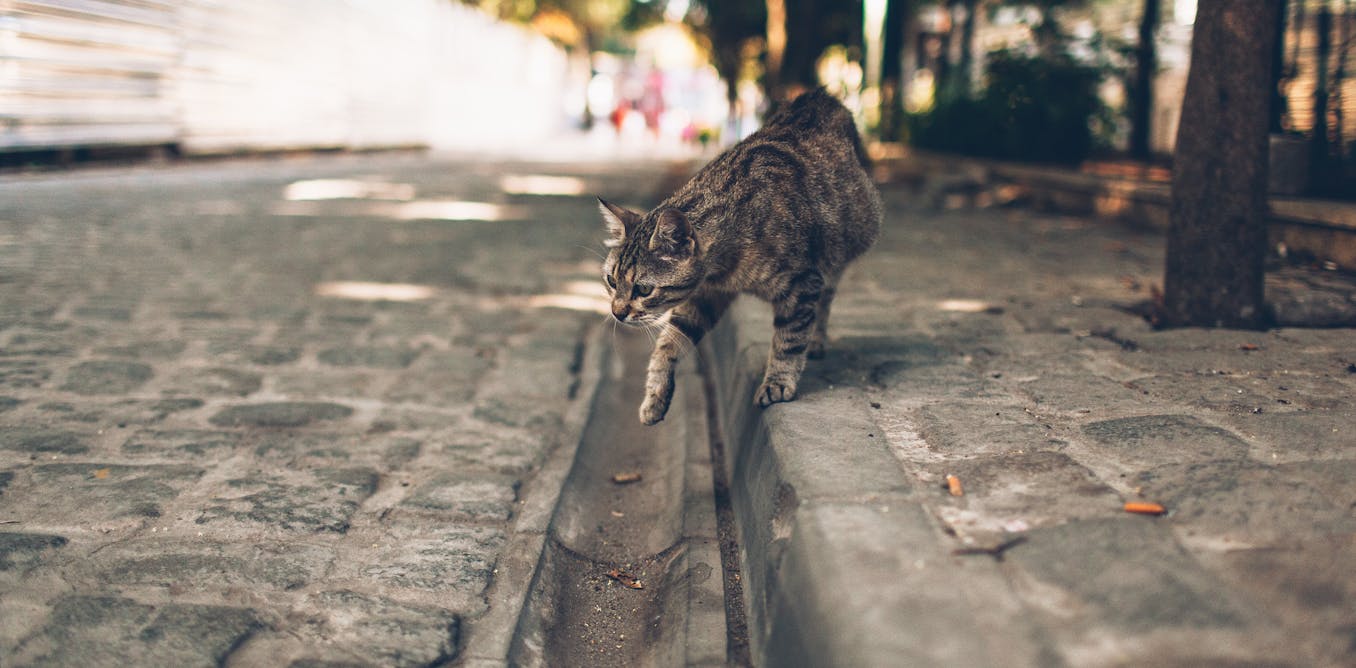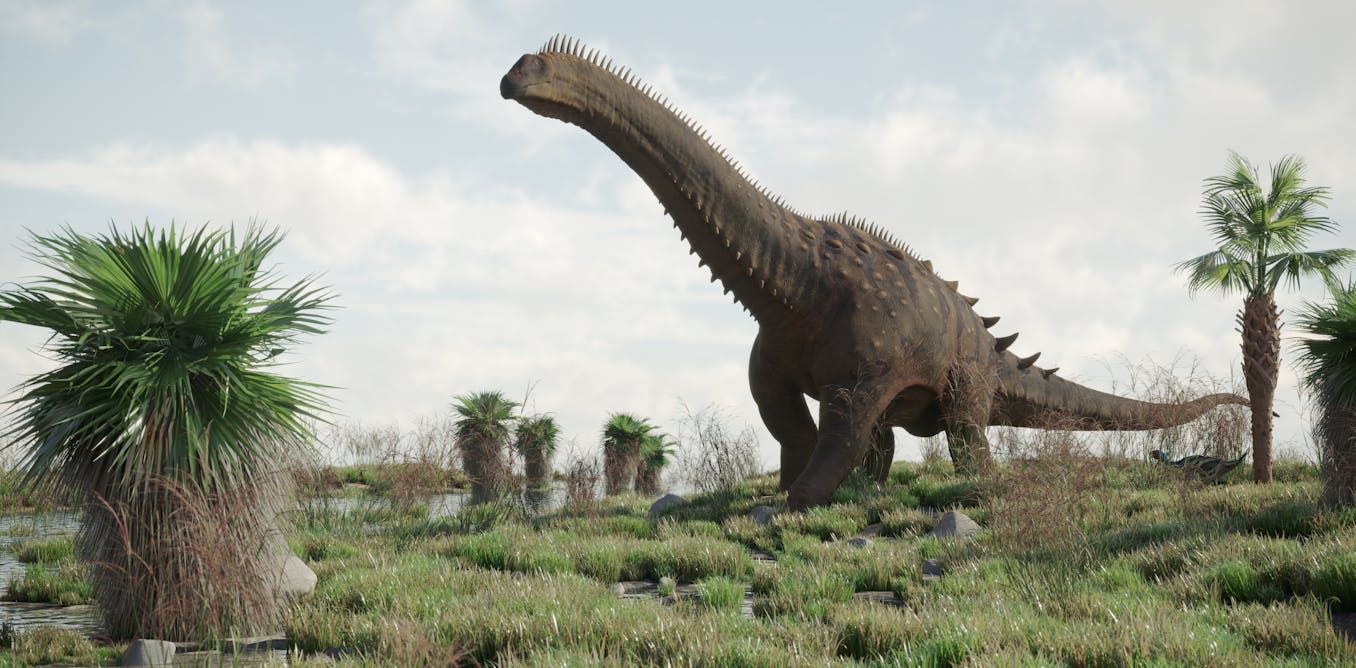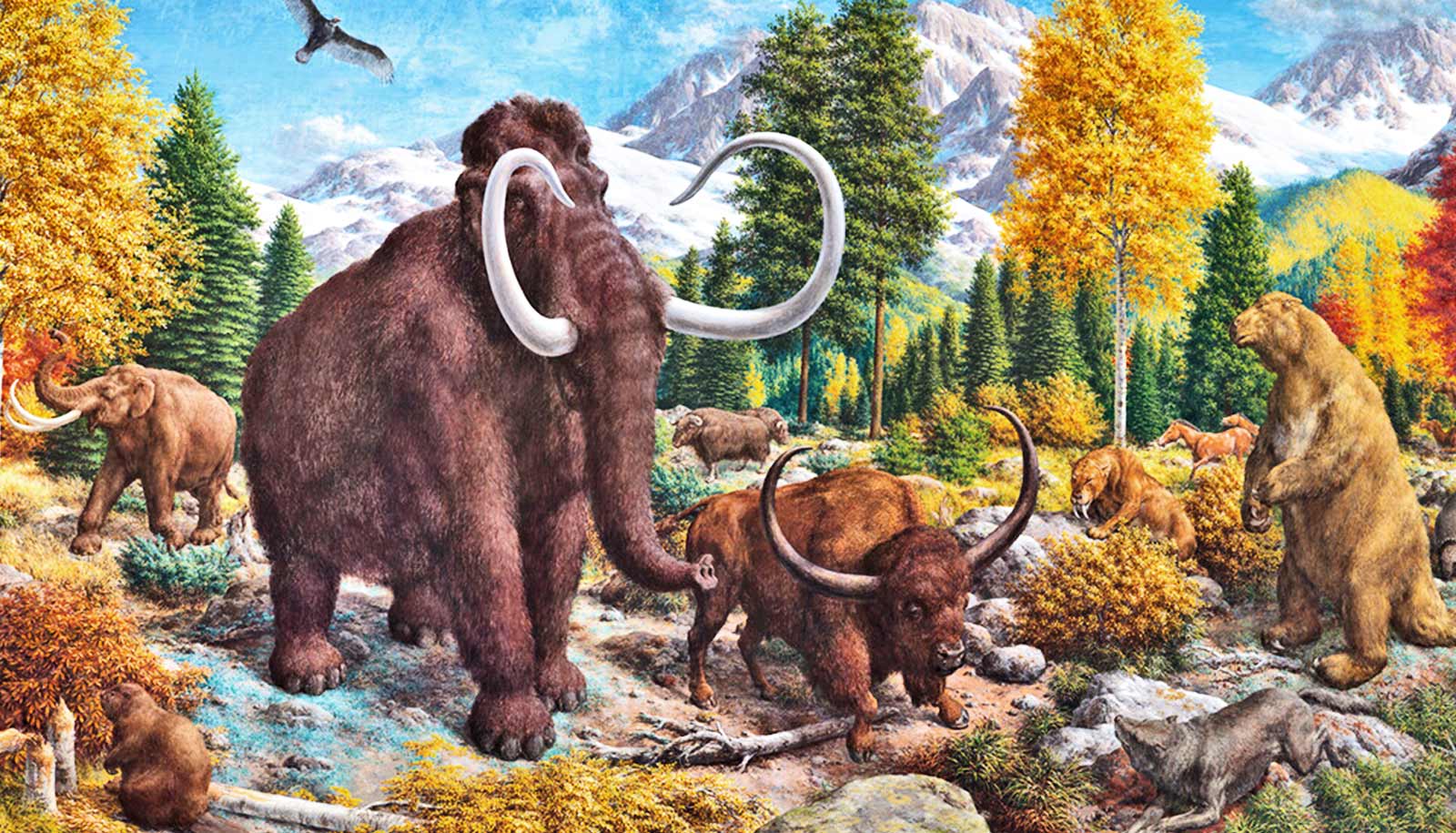To protect wildlife from free-roaming cats, a zone defense may be more effective than trying to get every feline off the street
A new study shows that when free-ranging cats are more than a few blocks from forested areas in cities, such as parks, they’re more likely to prey on rats than on native wildlife.
April 8, 2022 • ~9 min
Thousands of undiscovered mammal species may be hidden in plain sight, new research finds
Roughly 90% of species on Earth are believed to be undiscovered. Whether researchers will be able to identify them before they go extinct is unclear.
March 28, 2022 • ~8 min
We discovered how the largest dinosaurs walked – and it was more like hippos than elephants
Thanks to our new technique using fossilised tracks, we have been able to learn more about the locomotion of the largest creatures ever to have roamed this planet.
March 9, 2022 • ~6 min
We discovered how the largest dinosaurs walked – and it was more like rhinos than elephants
Thanks to our new technique using fossilised tracks, we have been able to learn more about the locomotion of the largest creatures ever to have roamed this planet.
March 9, 2022 • ~6 min
With fewer animals to spread their seeds, plants could have trouble adapting to climate change
Forests around the world will need to shift their ranges to adapt to climate change. But many trees and plants rely on animals to spread their seeds widely, and those partners are declining.
Jan. 13, 2022 • ~9 min
Sea otters demonstrate that there is more to muscle than just movement – it can also bring the heat
New research finds that ‘leaky mitochondria’ help keep sea otters warm.
Dec. 2, 2021 • ~7 min
Sea lion whiskers can move like human fingertips: here's how we found out
Lo, a California sea lion, was able to control what she perceives using her whiskers — a highly cognitive skill.
Nov. 25, 2021 • ~6 min
/
11








